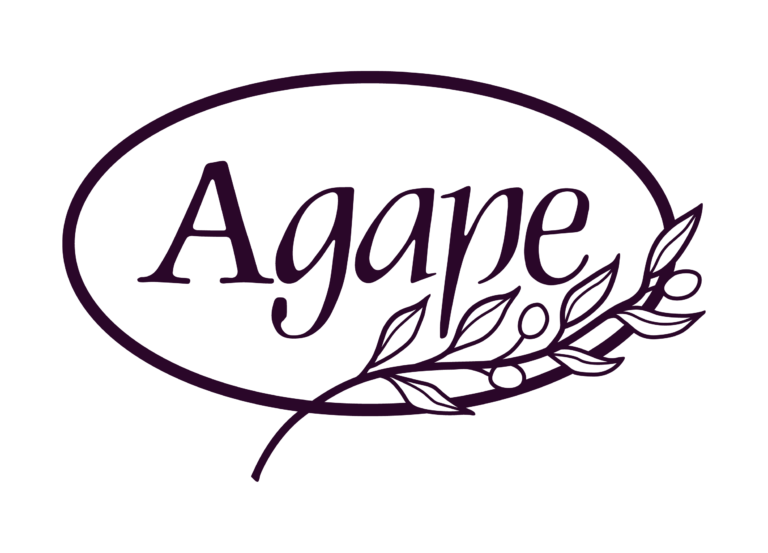WARE – The lit, unheated tent set up at the Agape Community for an event in chilly temperatures Saturday is more than some Syrian children have for shelter as that try to survive in a war zone, speaker Nadia Alawa said.
Ms. Alawa, founder and president of Nu Day Syria, a project for remaking the lives of Syrian mothers and children, was one of several guest speakers at the organization’s Annual Francis Day Celebration.
The tent was packed for the day-long program “Muslim Voices in an Election Year: Compassionate Listening.”
Ms. Alawa, recipient of an inaugural Humanitarian Award, told the group they didn’t have to feel helpless and depressed as they watch accounts of atrocities in Syria.
“There is always something we can do,” Ms. Alawa said. “…One person at a time. Each of us chooses to be a catalyst for change.”
The world was stunned recently by photos on the news and social media of a 5-year-old Syrian boy in Allepo pulled out from the rubble after an attack on the city, she said. But, the humanitarian crisis is not isolated to just a few villages, she said. Inside Syria, 8 million people have lost their homes and 5 million others are refugees – a large number of them children, she said.
The homeschooling mother of eight who is part Syrian and whose husband is Syrian, said the Syrian war started in March 2011 with teenage boys who wrote graffiti on the walls inside their school. There was no resistance at the time and people kept their heads down and went on with their lives, she said. The boys, she said, wrote, “We want change. It is your turn doctor (referring to the president who had a medical degree).”
“Who thought the revolutions would get started by schoolboys?” she asked. “In the middle of the night, those young boys were grabbed from their beds by the Syrian secret police, taken to prisons and tortured.”
Their fathers were told they would never see them again and the whole town was under siege, she said. As the civil war continued, Syria became more vulnerable to terrorist groups like ISIS, she explained.
“But, the person who broke me down and caught my heart was another 13-year-old boy,” she said. “My son was the same age at the time.”
Ms. Alawa said she turned to activism in 2012 after she learned about 13-year-old Hamza Al-Khateeb, a Syrian boy detained on April 29, 2011, for sneaking baby milk to families in need, she said. On May 25, 2011, his body was left on his family’s doorstep, she said, severely bruised, burned, with three gunshot wounds and severed genitals.
“He was stopped at a checkpoint and tortured severely in the same prisons they bring the worst criminals to, aka people who voice their opinions in Syria,” she said. “He died after he was tortured for 10 days.”
Hamza’s acts were a symbol of courage, she said, that set an example for others, including herself. She was previously afraid to take action for fear of jeopardizing her own children, she said.
“But, then I realized, my children and their children are the same,” she said. “These children need us to care. We need to bring hope to them. The situation in Syria will get solved, but in the meantime, we have all these children. They are our responsibility.”
Today, Ms. Alawa is considered a voice of optimism helping Syrian refugees in the U.S. and those still in Syria stay there by empowering them and sending aid.
Both women held back tears at times when they spoke of the plight of Syrians living in a war zone.
And treatment of Syrians in the U.S. is worse now, they said, than it was after the terrorist attacks on Sept. 11.
Perpetuation of stereotypes combined with ignorance and bigotry and “poisonous rhetoric” by politicians has created a dangerous atmosphere, Ms. Alawa said she is thinking about getting a gun and a guard dog for the first time, to protect her family because she is regularly mistreated in public for being a Syrian Muslim.
“Go out of your way to invite refugees to coffee,” she said. “It is a simple act that they will feel safe and comfortable because it is what they would do at home. Simple acts can have a huge impact. It is a tiny slice of normal life like at home.”
According to its website, Agape is a lay-Catholic community dedicated to nonviolence and interfaith dialogue. For more information, visit www.agapecommunity.org.
Oct 1, 2016
By Paula J. Owen
Worcester Telegram & Gazette
